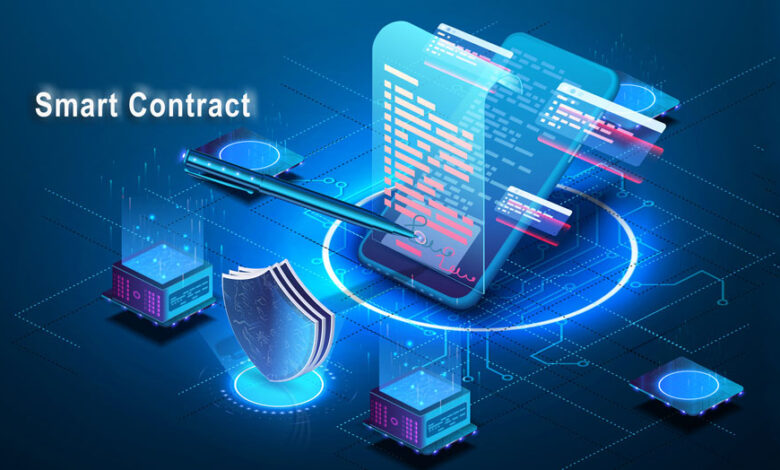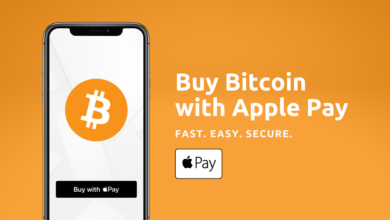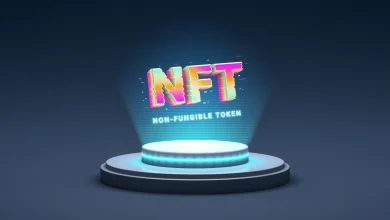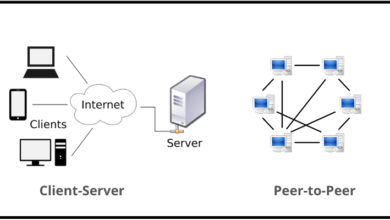What is a Smart Contract?

What is a Smart Contract?
Nick Szabo, a computer scientist, and lawyer suggested smart contracts in the 1990s. Szabo famously compared a smart contract to a vending machine. Consider a machine that sells cans of Coke for a quarter.
If you put a $1 into the machine and choose a Coke, the system is programmed to either provide your drink and 75 cents in change, or (if your pick is sold out) encourage you to make another option or return your dollar. This is an example of a basic smart contract. Smart contracts, like a Coke machine, can automate nearly any type of interaction.
Smart contracts expand on the primary notion of Bitcoin, which is to send and receive money without the use of a “trusted intermediary” such as a bank in the middle, to enable the decentralized automation of practically any agreement or transaction, no matter how complex it may be.
Furthermore, because they are based on a blockchain like Ethereum, they enable unrestricted security, dependability, and accessibility.
Why are Smart Contracts Important?
Developers may use smart contracts to create decentralized apps and currencies of various kinds and sizes.
They are maintained on a blockchain, just like every other bitcoin transaction, and are employed in anything from new financial tools to logistics and gaming experiences. Smart-contract software is typically irreversible once it is posted on the blockchain.
Decentralized applications, often known as “dapps,” are smart contract-driven applications that use decentralized financial technology (also known as DeFi) to change the banking industry.
Among the most well-known current uses made possible by smart contracts are:
- Uniswap: A decentralized exchange that allows users to trade certain types of cryptocurrencies using smart contracts without relying on a central authority to manage exchange rates.
- Compound: A platform that uses smart contracts to allow borrowers to receive loans quickly and investors to earn interest without the use of a bank as an intermediary.
- USDC: A cryptocurrency connected to the US dollar by a smart contract, with one USDC equaling one USD. Stablecoins, a newer subset of digital money that includes UDDC.
So, how would you put these smart contract-enabled technologies to use? Assume you have some Ethereum that you want to swap for USDC. Put some Ethereum into Uniswap, which will utilize a smart contract to find the best exchange rate, perform the transaction, and give you your USDC.
Then, instead of using a bank or other financial institution, you might put some of your USDC into Compound to lend to others and earn an algorithmically defined interest rate. Currency trades are expensive and time-consuming in traditional finance.
Furthermore, lending liquid assets to complete strangers on the other side of the world is neither straightforward nor secure for individuals. However, smart contracts enable all of these possibilities, as well as a large range of others.
How Do Smart Contracts Work?
Nick Szabo, a lawyer and computer scientist, first proposed smart contracts in the 1990s. Szabo famously compared a smart contract to an automated soda dispenser. Consider a machine that sells Coke cans for a quarter.
If you put a dollar in the machine and select a soda, the system is intended to either give you the beverage and 75 cents in change, or (if the soda of your choice is sold out) to either urge you to choose another soda or refund your $1.
This is an example of a basic smart contract. Smart contracts can automate practically any form of transaction, much like a Coke machine can accomplish without a human intermediary.





